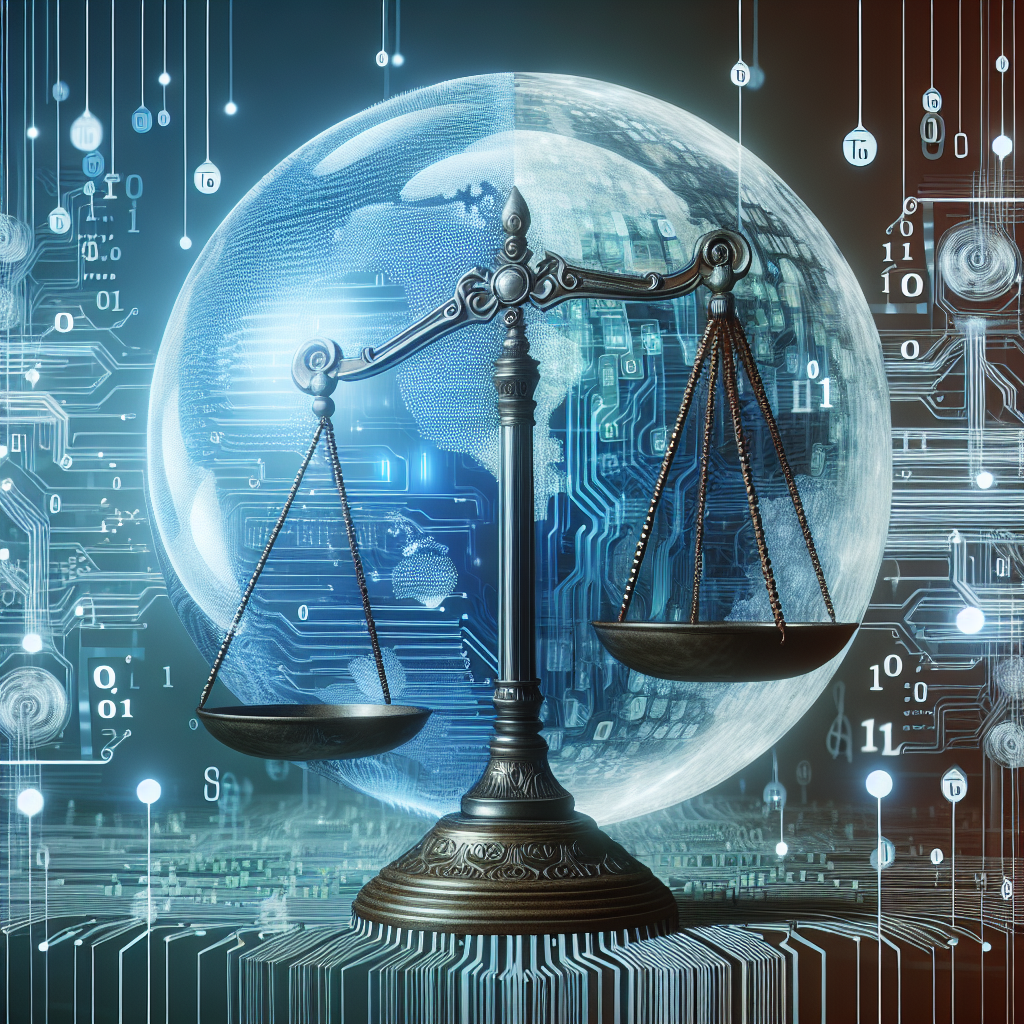The democratization of artificial intelligence (AI) has the potential to revolutionize various aspects of society, including democracy. As AI technologies become more accessible and widespread, they have the power to impact how democratic processes are conducted, how decisions are made, and how power is distributed. In this article, we will explore the implications of the democratization of AI for democracy and discuss the challenges and opportunities that come with it.
Implications for democracy:
1. Increased access to information: AI technologies can help democratize access to information by enabling citizens to access and analyze vast amounts of data. This can empower individuals to make more informed decisions and hold governments and institutions accountable.
2. Enhanced decision-making: AI can assist in decision-making processes by providing insights and recommendations based on data analysis. This can help policymakers and citizens make more effective and evidence-based decisions, leading to improved governance and outcomes.
3. Automation of tasks: AI can automate routine tasks and processes, freeing up time for individuals to engage in more meaningful and creative activities. This can potentially increase civic participation and allow for more innovative solutions to societal challenges.
4. Personalization of services: AI can personalize services and interactions based on individual preferences and needs. This can improve citizen satisfaction and engagement with government services, leading to a more responsive and efficient democracy.
5. Bias and discrimination: One of the key challenges of AI is the potential for bias and discrimination in decision-making processes. As AI systems are trained on historical data, they may perpetuate existing biases and inequalities. This can have negative implications for democracy by reinforcing systemic injustices and marginalizing certain groups.
6. Privacy and surveillance: The widespread use of AI technologies raises concerns about privacy and surveillance. As AI systems collect and analyze vast amounts of data, there is a risk of infringing on individual rights and freedoms. This can undermine democratic principles such as transparency, accountability, and freedom of expression.
7. Concentration of power: The democratization of AI also raises concerns about the concentration of power in the hands of a few tech companies and governments. As AI technologies become more pervasive, those who control these technologies may have disproportionate influence over political, economic, and social systems. This can potentially undermine democracy by limiting competition, innovation, and diversity of perspectives.
Challenges and opportunities:
1. Education and skills: One of the key challenges of the democratization of AI is ensuring that individuals have the necessary education and skills to understand and use these technologies effectively. This requires investments in education and training programs that can empower citizens to engage with AI in a meaningful and responsible way.
2. Regulation and oversight: To address the risks associated with AI, there is a need for robust regulation and oversight mechanisms. This includes establishing clear guidelines for the ethical use of AI, ensuring transparency and accountability in decision-making processes, and protecting individual rights and freedoms.
3. Collaboration and engagement: The democratization of AI can only be successful if there is active collaboration and engagement between stakeholders, including governments, civil society, industry, and academia. By working together, we can harness the potential of AI to advance democracy and address societal challenges.
4. Ethical considerations: As AI technologies become more pervasive, there is a need to address ethical considerations related to privacy, bias, discrimination, and accountability. This requires a thoughtful and inclusive approach that considers the impact of AI on diverse communities and stakeholders.
5. Innovation and creativity: The democratization of AI presents opportunities for innovation and creativity in democratic processes. By harnessing the power of AI, we can develop new solutions to complex problems, enhance citizen engagement, and promote inclusive and participatory decision-making.
FAQs:
1. How can AI enhance democratic processes?
AI can enhance democratic processes by increasing access to information, improving decision-making, automating routine tasks, personalizing services, and promoting civic participation.
2. What are the risks of AI for democracy?
The risks of AI for democracy include bias and discrimination, privacy and surveillance concerns, concentration of power, and challenges related to education, regulation, and ethics.
3. How can we address the challenges of AI for democracy?
We can address the challenges of AI for democracy by investing in education and skills development, establishing clear regulations and oversight mechanisms, promoting collaboration and engagement among stakeholders, and addressing ethical considerations.
4. What role can individuals play in the democratization of AI?
Individuals can play a key role in the democratization of AI by advocating for ethical and responsible AI practices, engaging with AI technologies in a meaningful way, and participating in democratic processes that promote transparency, accountability, and inclusivity.
In conclusion, the democratization of AI has the potential to transform democracy by increasing access to information, enhancing decision-making, automating tasks, personalizing services, and promoting civic participation. However, it also presents challenges related to bias, discrimination, privacy, surveillance, and concentration of power. By addressing these challenges and harnessing the opportunities of AI, we can create a more inclusive, transparent, and responsive democracy that empowers individuals and strengthens democratic institutions.

